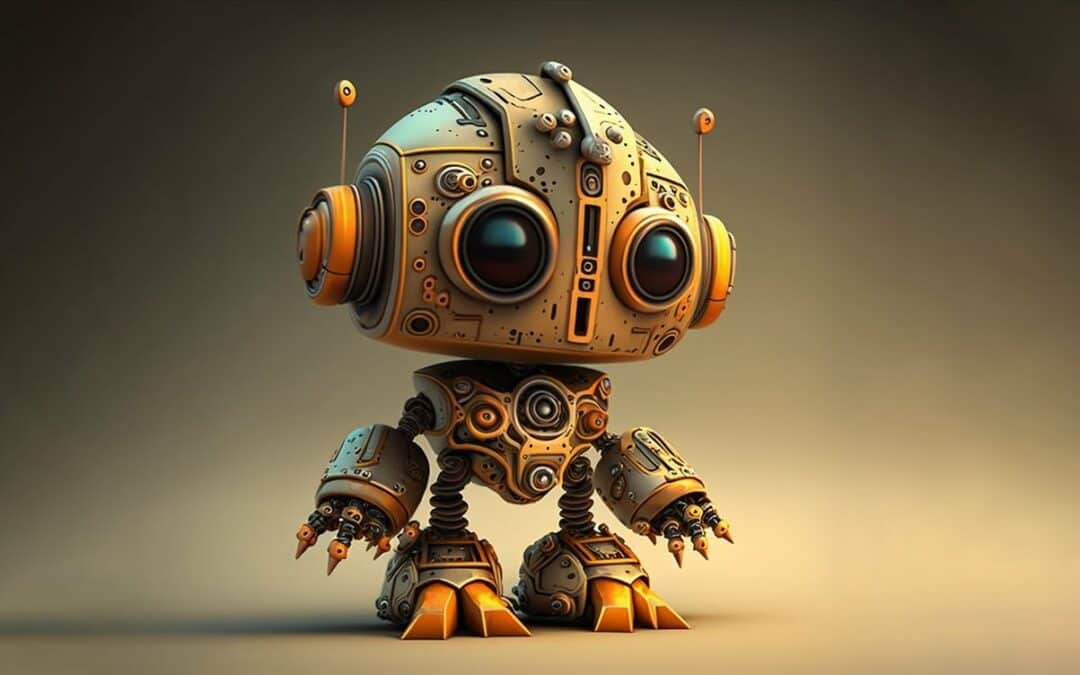Chatbots powered by AI, such as ChatGPT, have the potential to significantly impact healthcare marketing in various ways. Here are some ways ChatGPT and similar AI-powered chatbots might change healthcare marketing:
-
Improved Customer Engagement: AI chatbots can engage with potential customers and patients in real-time, providing personalized responses and relevant information. This interactive and conversational approach can enhance customer engagement and create a more positive experience for users.
-
24/7 Availability: Unlike human representatives, AI chatbots can operate 24/7, providing instant responses to queries and requests at any time of the day. This accessibility ensures that potential customers and patients can get the information they need promptly, leading to increased customer satisfaction.
-
Personalized Recommendations: AI chatbots can gather and analyze data about individual users, including their preferences, medical history, and interests. With this information, they can offer tailored product recommendations and healthcare solutions, increasing the likelihood of conversion.
-
Patient Support and Education: AI chatbots can act as virtual healthcare assistants, providing valuable information about medical conditions, treatment options, and preventive measures. This empowers patients to take better care of their health and well-being.
-
Streamlined Appointment Scheduling: Chatbots can handle appointment bookings and reminders, reducing the administrative burden on healthcare providers. This can improve patient engagement and reduce no-show rates.
-
Data Collection and Analysis: AI chatbots can gather valuable insights from customer interactions, helping healthcare marketers understand customer needs, pain points, and preferences. This data can inform marketing strategies and lead to more effective campaigns.
-
Multilingual Support: AI chatbots can communicate in multiple languages, making healthcare marketing more accessible to diverse populations and improving inclusivity.
-
Enhanced Lead Generation: By providing informative and engaging interactions, AI chatbots can attract potential customers and generate leads for healthcare products and services.
-
Social Media Management: AI chatbots can be integrated into social media platforms, responding to comments and messages, addressing customer inquiries, and managing brand reputation effectively.
-
Adherence Support: Chatbots can offer reminders and support for medication adherence and treatment plans, helping patients stick to their prescribed therapies.
However, it’s essential to ensure that AI chatbots in healthcare adhere to privacy regulations and maintain a high level of accuracy and reliability. Ethical considerations and data security must be prioritized to build trust with users and maintain the integrity of healthcare marketing efforts. Additionally, human oversight may still be necessary for handling complex or sensitive situations, especially in healthcare where human empathy and understanding are crucial.

